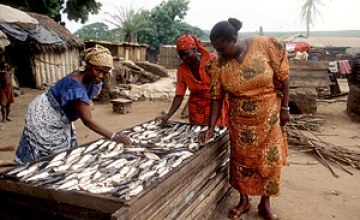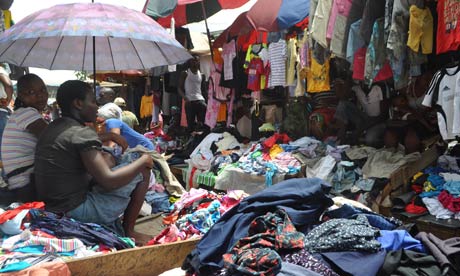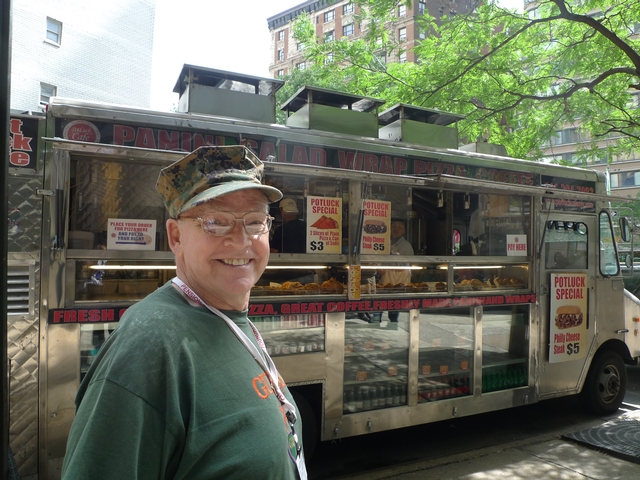Flea markets are flourishing, too. Patricia Aragon Llamas, 31, shows up
every weekend at the Charco de la Pava market to earn about €50 selling
second-hand clothing and shoes.“This market has doubled in size in the past year,” she said. “I’ve got a
3-year-old child and an unemployed husband, so I’m really beyond
thinking about what’s legal or not, as long as it brings in a bit more
money.”
But that shouldn't be the major concern. People's survival should be. As I reported a few weeks back, Spain has turned into Europe's developing world economy, with an economic outlook that is worse than Nigeria's. Now the official world is recognizing the fact.
“Without the underground economy, we would be in a situation of probably violent social unrest,” Robert Tornabell, a professor and former dean of the Esade business school in Barcelona, told the IHT. “A lot of people are now staying afloat only thanks to the underground economy, as well as the support of their family network.”
Another professor who has studied the parallel economy in Spain suggests that the government needs to work with it: “Much of the informal economy is nothing but the normal reaction of
low-skilled people who have no alternative once they lose their job,” said Michele Boldrin, an economics professor at Washington University in
Saint Louis, Missouri, who co-authored a study in May on Spain’s
underground economy on behalf of Fedea, an economic research group in
Madrid. “What the government should focus on is reforming the formal
economy to make it more efficient and competitive rather than focus on
pursuing such people.”
But the people in the IHT article are not necessarily low-skilled. And reforming the economy takes a stimulus, not austerity. In the absence of sensible government, System D is the way forward. If the people will lead, the leaders must follow.




